7 Day Meal Plan for Kidney Disease
Introduction:
Kidney disease poses a significant health challenge, impacting millions of people worldwide. Managing this condition effectively requires a multifaceted approach, with diet playing a crucial role. In this article, we’ll explore a comprehensive 7 day meal plan for kidney disease tailored specifically for individuals with kidney disease, focusing on nutrient balance and delicious, kidney-friendly recipes.
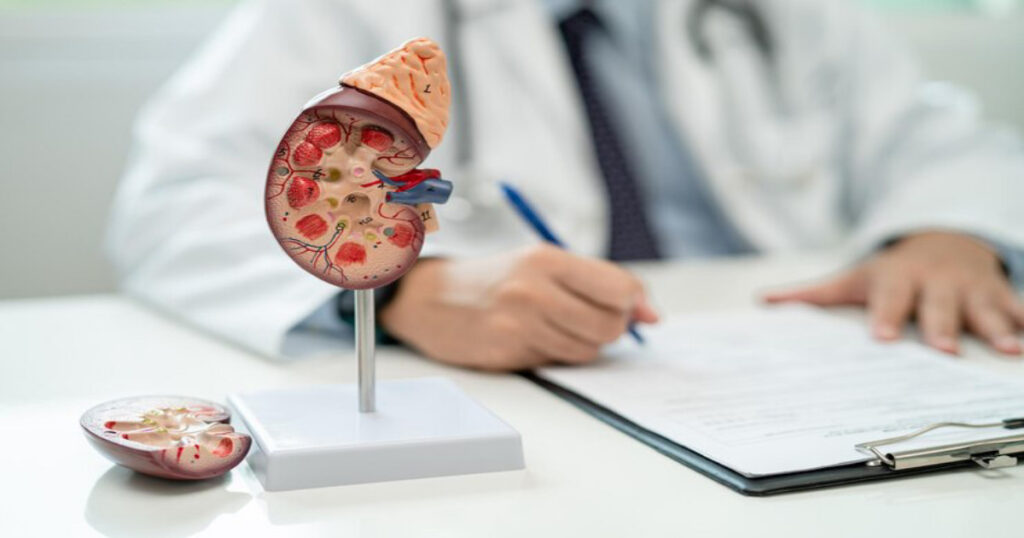
Table of Contents
Understanding Kidney Disease:
Kidney disease encompasses various conditions affecting the kidneys’ function, such as chronic kidney disease (CKD) and acute kidney injury (AKI). Symptoms range from fatigue and swelling to more severe complications like high blood pressure and electrolyte imbalances. Understanding the type and stage of kidney disease is essential for implementing an appropriate dietary plan.
Role of Diet in Kidney Disease Management:
A well-planned diet can help alleviate symptoms, slow disease progression, and improve overall quality of life for individuals with kidney disease. Key dietary considerations include managing protein, potassium, phosphorus, sodium, and fluid intake. By optimizing these nutrients, individuals can better support their kidney function and overall health.
Creating a 7 Day Meal Plan for kidney disease :
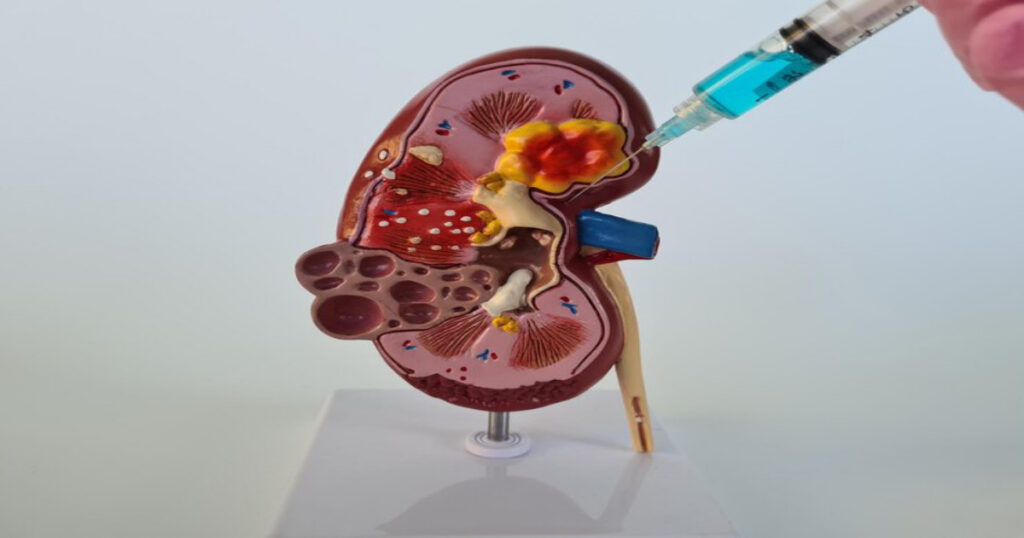
Day 1:
– Breakfast:
Oatmeal and small amount of almonds.
– Lunch:
Grilled chicken salad with mixed vegetables.
– Dinner:
Baked salmon with steamed asparagus and quinoa.
Day 2:
– Breakfast:
Spinach with eggs and wheat toast.
– Lunch:
Turkey wrap with lettuce, tomato, and avocado.
– Dinner:
Vegetable with brown rice.
Day 3:
– Breakfast:
yogurt parfait with honey and sliced bananas.
– Lunch:
Grain bread with Soup.
– Dinner:
Baked cod with roasted Brussels sprouts and sweet potatoes.
Day 4:
– Breakfast:
Smoothie made in spinach, milk and banana.
– Lunch:
Quinoa salad with cucumbers, tomatoes, and feta cheese.
– Dinner:
Grilled shrimp skewers with roasted cauliflower and wild rice.
Day 5:
– Breakfast:
Whole grain cereal with low-fat milk and sliced peaches.
– Lunch:
Chicken Caesar salad with homemade dressing.
– Dinner:
Turkey chili with kidney beans and a side of steamed broccoli.
Day 6:
– Breakfast:
Cottage cheese with pineapple chunks and whole grain crackers.
– Lunch:
Veggie wrap with hummus and shredded carrots.
– Dinner:
Baked chicken breast with sautéed spinach and quinoa.
Day 7:
– Breakfast:
wheat pancakes
– Lunch:
Tuna salad sandwich on whole grain bread with a side of mixed greens.
– Dinner:
Vegetable lasagna with a side of garlic bread and green beans.
Sample Recipes of 7 day meal plan for kidney disease:
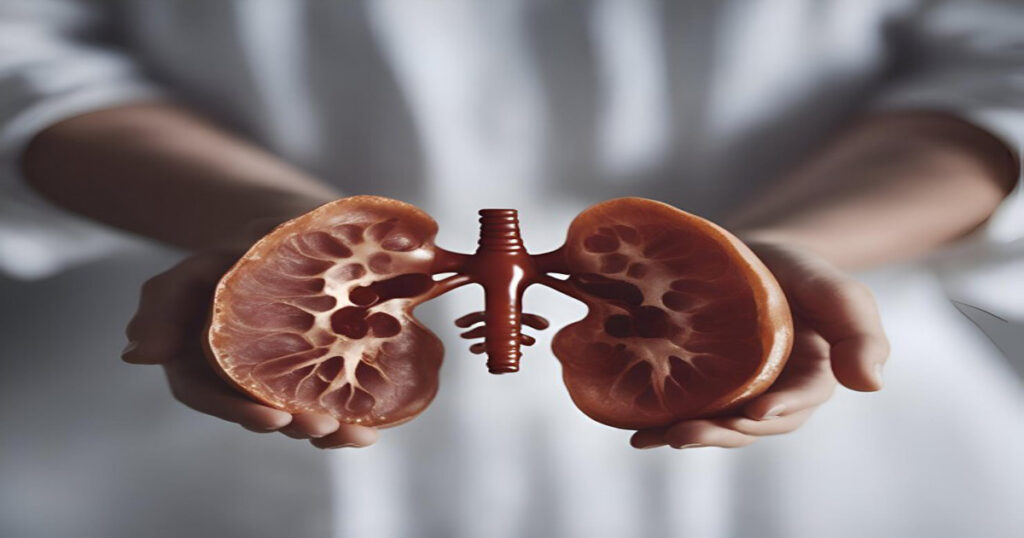
Breakfast:
– Oatmeal with Berries and Almonds – Ingredients: Rolled oats, mixed berries, almonds, milk or water. – Instructions: Cook oats according to package instructions, top with berries and almonds.
Lunch:
– Grilled Chicken Salad – Ingredients: Grilled chicken breast, mixed greens, cherry tomatoes, cucumber, olive oil, balsamic vinegar. – Instructions: Toss ingredients together, drizzle with olive oil and balsamic vinegar.
Dinner:
– Baked Salmon with Quinoa – Ingredients: Salmon fillets, asparagus, quinoa, olive oil, lemon, salt, pepper. – Instructions: Season salmon with salt, pepper, and lemon juice. Bake at 375°F for 15-20 minutes.
Tips for Following the Meal Plan:
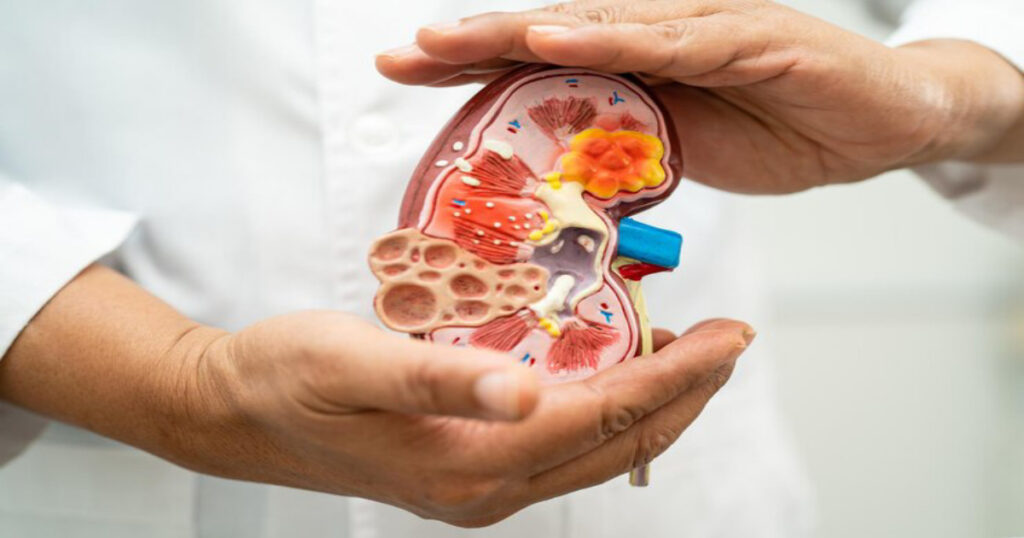
1. Portion Control:
Keep portion sizes in check to avoid overloading your kidneys with excess nutrients. Use measuring cups, spoons, or visual cues to gauge appropriate serving sizes of proteins, carbohydrates, and fats.
2. Monitor Fluid Intake:
Proper hydration is crucial for kidney health, but excessive fluid intake can strain the kidneys. Follow your healthcare provider’s recommendations for daily fluid intake and spread it evenly throughout the day. Limiting fluids during meals and avoiding salty foods can help manage fluid retention.
3. Choose Kidney-Friendly Foods:
Focus on incorporating foods that are low in potassium, phosphorus, and sodium while being rich in essential nutrients. Opt for fresh fruits and vegetables, lean proteins, whole grains, and healthy fats. Be mindful of hidden sources of sodium and phosphorus in processed and packaged foods.
4. Read Food Labels:
Become proficient in reading food labels to identify potential triggers for kidney issues. Pay attention to sodium, potassium, and phosphorus content, as well as serving sizes. Look for low-sodium or phosphorus-free alternatives when possible.
5. Plan Ahead:
Take time to plan your meals and snacks in advance to ensure they align with your dietary goals. Batch cooking and meal prepping can help streamline the process and make healthy eating more convenient. Consider preparing extra portions to freeze for future use.
6. Be Flexible:
While consistency is key, it’s essential to remain flexible and adaptable to changes in your dietary needs and preferences. Experiment with new recipes and food combinations to keep meals interesting and enjoyable. Don’t be afraid to seek support from a registered dietitian for personalized guidance.
7. Track Progress:
Keep track of your dietary habits, fluid intake, and overall well-being to assess how well the meal plan is working for you. Note any changes in symptoms or lab results and discuss them with your healthcare provider. Adjustments may be necessary based on your individual response to the meal plan. By following these tips and staying committed to your 7 day meal plan for kidney disease, you can effectively manage your condition.
Exercise and Lifestyle Recommendations:
Regular physical activity is essential for maintaining overall health and managing kidney disease. Aim for at moderate exercise Four days of the week. Additionally, practicing stress-reducing techniques such as meditation or deep breathing can help support kidney health.
Conclusion:
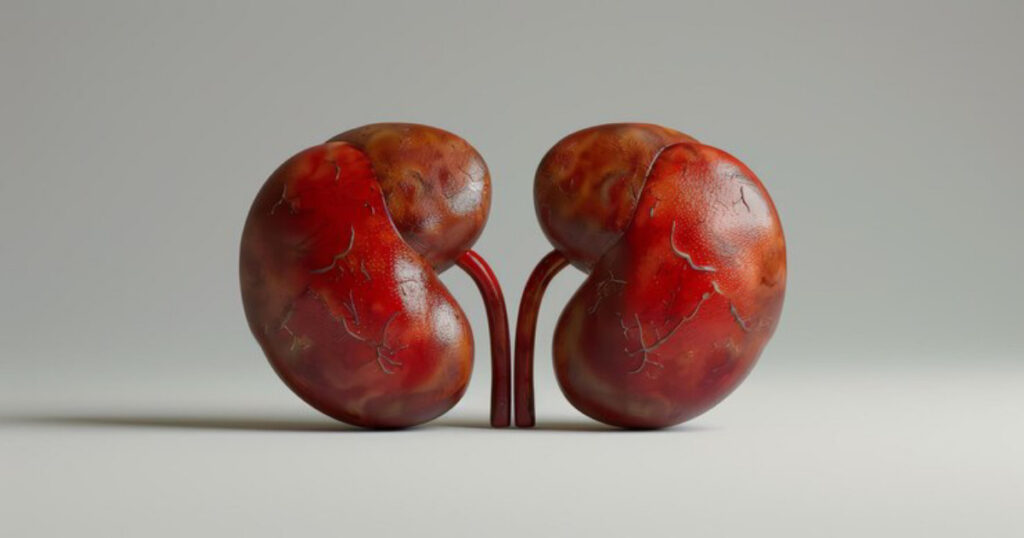
A well-balanced diet is integral to managing kidney disease effectively. By following a carefully planned 7 day meal plan for kidney disease rich in nutrients and flavor, individuals can support their kidney function and improve their overall well-being. Remember to consult with a healthcare provider or registered dietitian before making any significant dietary changes. If you love our article visit to read more.
FAQs:
1. Can I customize the meal plan to my preferences?
Absolutely! While the meal plan provides a structured approach to managing kidney disease, it’s essential to tailor it to your individual preferences and dietary needs. Feel free to substitute ingredients or modify recipes to suit your taste while ensuring they align with the nutritional guidelines for kidney health.
2. How often should I consult with my healthcare provider while following this meal plan?
It’s crucial to maintain regular communication with your healthcare provider or a registered dietitian while following any dietary plan, especially if you have kidney disease. They can provide personalized guidance, monitor your progress, and make necessary adjustments to your meal plan based on your health status and specific needs.
3. Are there any specific foods I should avoid completely?
While the meal plan emphasizes nutrient balance and variety, individuals with kidney disease may need to limit certain foods high in potassium, phosphorus, and sodium. Examples include processed foods, high-sodium condiments, and certain fruits and vegetables. Your healthcare provider or dietitian can provide specific recommendations based on your kidney function and medical history.
4. Can I incorporate snacks into this meal plan?
Yes, incorporating healthy snacks into your daily routine can help maintain energy levels and prevent overeating during meals. Opt for kidney-friendly snack options such as fresh fruit, unsalted nuts, low-fat yogurt, or whole grain crackers with hummus. Be mindful of portion sizes and choose snacks that align with your dietary goals.
5. Is it safe to consume alcoholic beverages while managing kidney disease?
Alcohol consumption should be approached with caution, especially for individuals with kidney disease. Excessive alcohol intake can exacerbate certain kidney-related complications and may interfere with medication effectiveness. It’s best to consult with your healthcare provider regarding alcohol consumption and any potential risks or limitations based on your individual health status.

